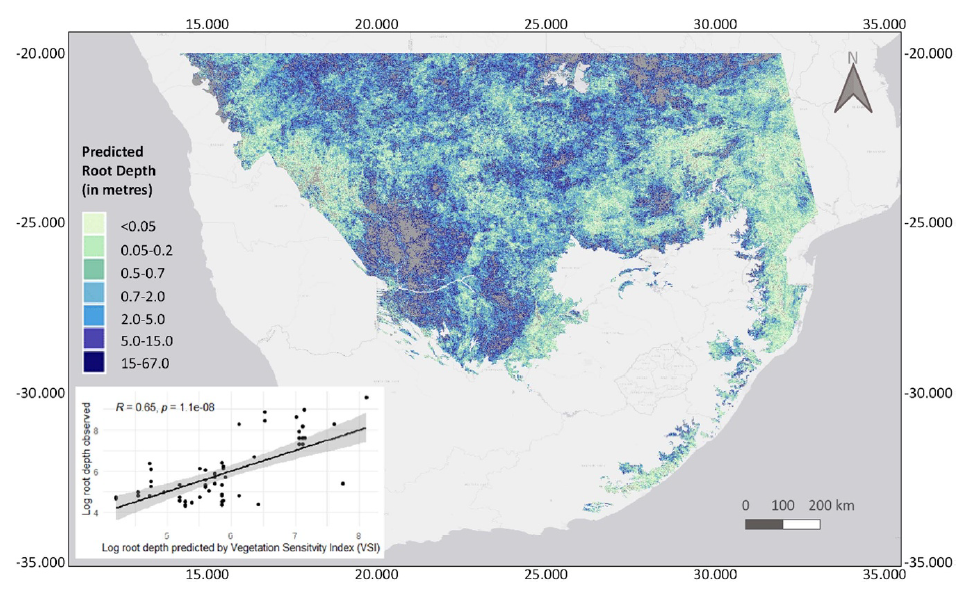Changes in carbon stocks in central and southern Africa’s miombo woodlands
July 11, 2018
A new systematic map of the evidence of changes in carbon stocks in miombo woodlands over the past 50 years has just been published in Environmental Evidence in a collaborative project between OxLEL, CIFOR, the Institute of Environmental Studies, University of Zimbabwe, the Eduardo Mondlane University, Maputo, Mozambique, and Copperbelt University, Kitwe, Zambia, funded by the United Kingdom’s Department for International Development (DfiD).
Following a rigorous systematic evaluation process guided by the Collaboration for Environmental Evidence, 11,565 records were retrieved from bibliographic databases and grey literature sources and screened for relevance against a published Protocol (Syampungani et al 2014). The majority of studies included in the final analyses trace temporal changes in biomass and carbon in the miombo woodlands. Studies reported a wide range (1.3–95.7 Mg ha−1) of above-ground carbon in old-growth miombo woodland. Variation between years and rainfall zones and across conservation area types was large. One of the major findings of the review were that an insufficient number of robust studies met the strict inclusion criteria from across the miombo region which meant that pool carbon stocks and trends in miombo old growth could not be pooled in a robust meta analysis. To overcome this research gap, future studies in miombo woodlands should take longer term observational approaches with more systematic, permanent sampling designs.
An interactive data visualisation of the systematic map is available elsewhere on the OxLEL website (Evidence Maps).
Latest News
Vector Atlas Engagement and Partnership Meeting, December 2022

The Vector Atlas team is looking forward to welcoming representatives from over 15 African countries to the first Engagement and Partnership Meeting to be held at the International Centre ... Continue reading
Seeing roots from space

A new study led by Dr Nicola Kühn during her DPhil associated with the lab titled “Seeing roots from space: aboveground fingerprints of root depth in vegetation sensitivity to ... Continue reading
Vector Atlas Spatial Modelling Workshop, November-December 2022
We are excited to be holding the Vector Atlas Species Distribution Modelling Training Course at the International Centre of Insect Physiology and Ecology (icipe) in Nairobi, Kenya, 30 November ... Continue reading
Vector Atlas at the 8th Annual PAMCA conference

The Vector Atlas team had a great time at the 8th Annual Pan-African Mosquito Control Association (PAMCA) conference held in Kigali, Rwanda, from 26 to 28 September 2022. Excellent ... Continue reading
Vector Atlas Kick-off Meeting

The international Vector Atlas team gathered at the International Centre of Insect Physiology and Ecology (icipe) Duduville campus in Nairobi from 4 to 8 July 2022 to celebrate the launch ... Continue reading
